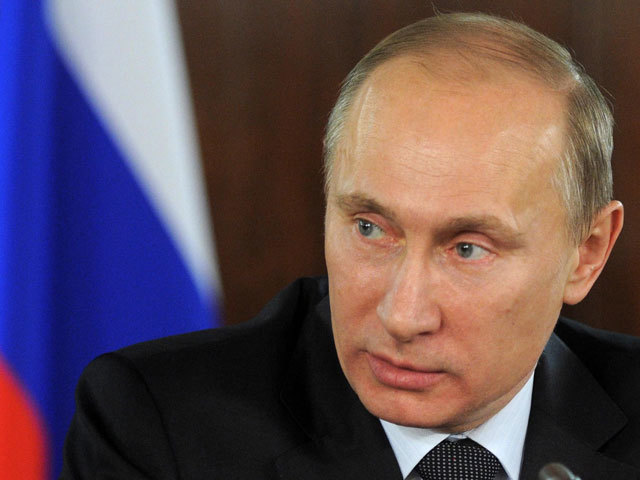
Russia will remain committed to developing its market economy as the state offers billions of dollars of aid to help the country’s biggest companies weather sanctions imposed by the US and Europe.
Prime Minister Dmitry Medvedev met with business leaders to discuss state aid to cope with the strain as Russia’s economic slowdown is exacerbated by the sanctions, Economy Minister Alexei Ulyukayev said today at an investment forum in the Black Sea city of Sochi, site of the Winter Olympics.
The government is trying to revive its $2trillion economy, growing at its slowest since a contraction in 2009 as US and European Union sanctions compound cooling consumption and falling oil prices.
Concerns that the arrest of billionaire Vladimir Evtushenkov, the richest Russian to face criminal charges since Mikhail Khodorkovsky a decade ago, signal an attack on private business have intensified outflows. The ruble weakened to a record against the dollar and the 50-stock Micex index fell to six-week low as Russia’s political and business elite mingled in Sochi.
The sanctions are a “pointless and ugly decision toward Russia but we’ll manage without” foreign financing, Medvedev said in an interview with TV channel Rossiya 24. The government is holding off discussing another round of tit-for-tat measures, he said, after Russia last month banned some food imports from the US, the EU, Norway, Canada and Australia.
Russia has survived frozen capital markets before, particularly in 2008-2009, and the central bank has ample reserves, Medvedev said. Russia is also making a bet on “strategic” cooperation with China and other emerging markets, he said.
Still, the strain is showing. Russia may not see the sanctions lifted even if the conflict in Ukraine eases and a truce agreed to yesterday in Minsk is upheld, Ulyukayev told reporters at the Sochi event.
The full impact of the sanctions on Russia, whose oil companies are heavily dependent on imported technologies, may be felt only in 2016 and 2017, Ulyukayev said.
OAO Rosneft, the state-controlled oil producer whose net debt exceeded $40billion at the end of second quarter, and independent gas producer OAO Novatek may each get 80billion rubles to 150billion rubles from the state through bond purchases by the National Wellbeing Fund, Finance Minister Anton Siluanov said.
Rosneft and Novatek may be able to tap state financing as early as this year if they finish the paperwork, Siluanov said. Novatek has applied for 100 billion rubles.
The government should also increase the capital of state- controlled banks through new subordinated loans and, potentially, by easing the dividend payout requirements so the lenders can channel their income into capital, Ulyukayev said.
Siluanov said Russia should gradually diversify the investment mandate of its wealth funds, decreasing the weight of securities of countries that have imposed sanctions against Russia. “It is not to punish them,” he said, as the holdings aren’t large enough to affect the EU or the US.
The funds will consider investing in corporate bonds and debt issued by other BRICS countries, Siluanov said. The group includes Brazil, India, China, South Africa and Russia.